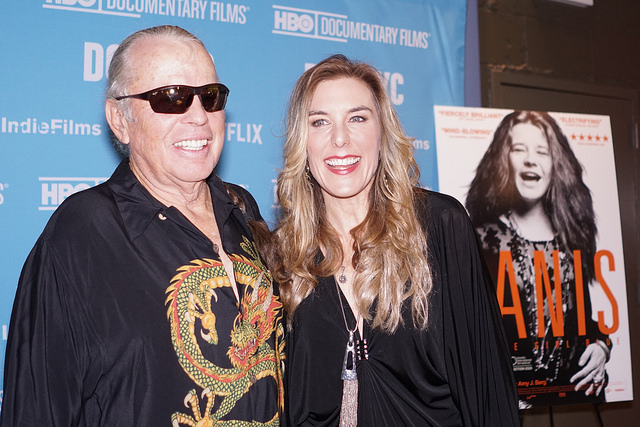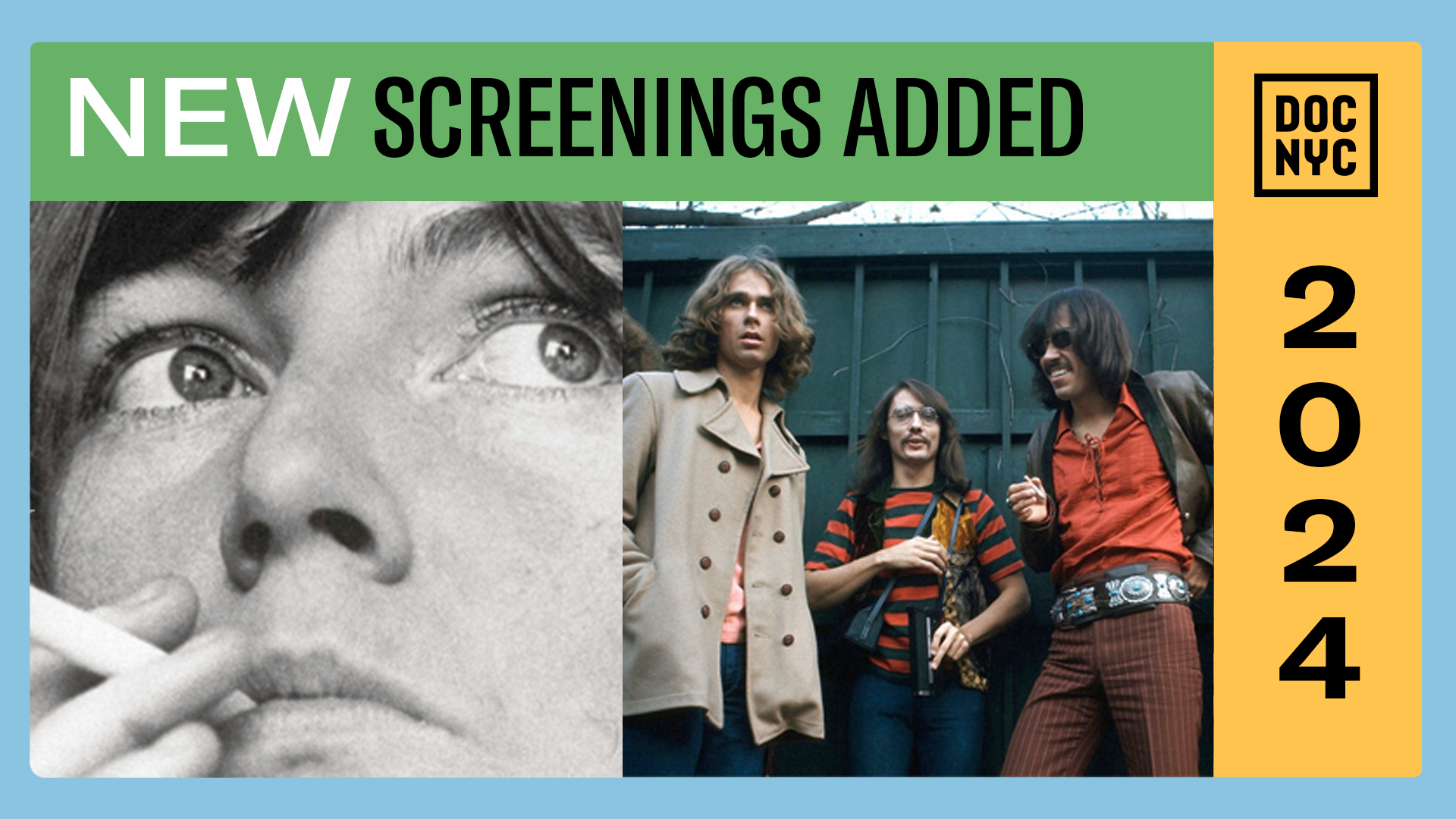‘Little Girl Blue’ Takes a Piece of Your Heart Director Amy Berg reveals the pain behind Janis Joplin's exhuberant persona


Written by Megan Scanlon
At once electric and heartbreaking, Director Amy Berg’s Janis: Little Girl Blue reveals a behind the scenes portrait of rock n’ roll trailblazer Janis Joplin. The story is told through interviews with former bandmates, music and showbiz personalities, and family, friends, and lovers from different paths in her life. These interviews, and the intimacy conveyed in the recreation of Joplin’s voice by singer Cat Power bring her profound legacy to life.
Joplin did not possess classic, delicate features that society often defines as feminine, and for this she was taunted and bullied. During her time with the folk band The Waller Creek Boys in Austin, Texas, a degenerate local fraternity voted Joplin “ugliest man.” Tears looking for release come to bandmate Powell St. John’s eyes as he said “She was profoundly hurt. It was the saddest thing I ever saw. I said, Janis, they don’t mean anything to you; they’re not even in your class.”
Janis: Little Girl Blue moves the audience through her life in and out of drugs, of bands, of men and women. Janis loved being onstage, but life offstage was painful and lonely, and she turned more and more to heroin for refuge, ultimately causing her demise. Arguably one of the most pained comments on relationships came from an interview with TV host Dick Cavett, where she described an image of a mule with a carrot stick dangling in front of the animal as a reward that would never come to be. In the memorable interview, when Cavett asks, “who is the mule?” Janis responds that it was her – that she was always chasing men because “they’re always offering something that they’re not prepared to give.”
It becomes clear that the pain that scorches Joplin’s lyrics were also sweet battle cries of uncompromising defiance. According to her brother, Joplin “demanded to be different” and on stage she felt like she was someone with something to offer. On performing, Joplin said, “This is a truer feeling, true for me, feeling things and really getting into it, that’s fun.”
Part of DOC NYC’s mission statement is to “Make the most of NYC: foster fresh connections between residents and expose visitors to the opportunities that happen only in New York.” Truly, the post screening Q&A with Amy Berg, Dick Cavett, and Joplin’s love David Niehaus could only happen in NYC. Story after story was shared about the light and spunk Janis brought to the world and the delight she took from her experiences. An audience favorite included her taming of the Hells Angels. Niehaus shared that the Angels broke into her place fully armed and raided her fridge. “She went out there and she told each one of them where they were at so to speak– I thought thank God I didn’t have to try to do that, and an hour and a half later they came back, they had a station wagon, they weren’t on their bikes, it was the middle of the night and they brought ten bags of groceries. They filled up the refrigerator and they cleaned the house. They wiped the counters down and they left! So she had the power–sometimes she was a little girl and sometimes she was a giant.”
Megan Scanlon works at the American University of Beirut. She has written for the DOC NYC blog, the Stranger Than Fiction documentary series, and the Journal of Community Engagement and Scholarship. Megan was a prescreener for the Margaret Mead Film Festival, and is a volunteer at the Bronx Documentary Center and DOC NYC. Follow her on instagram and twitter @


